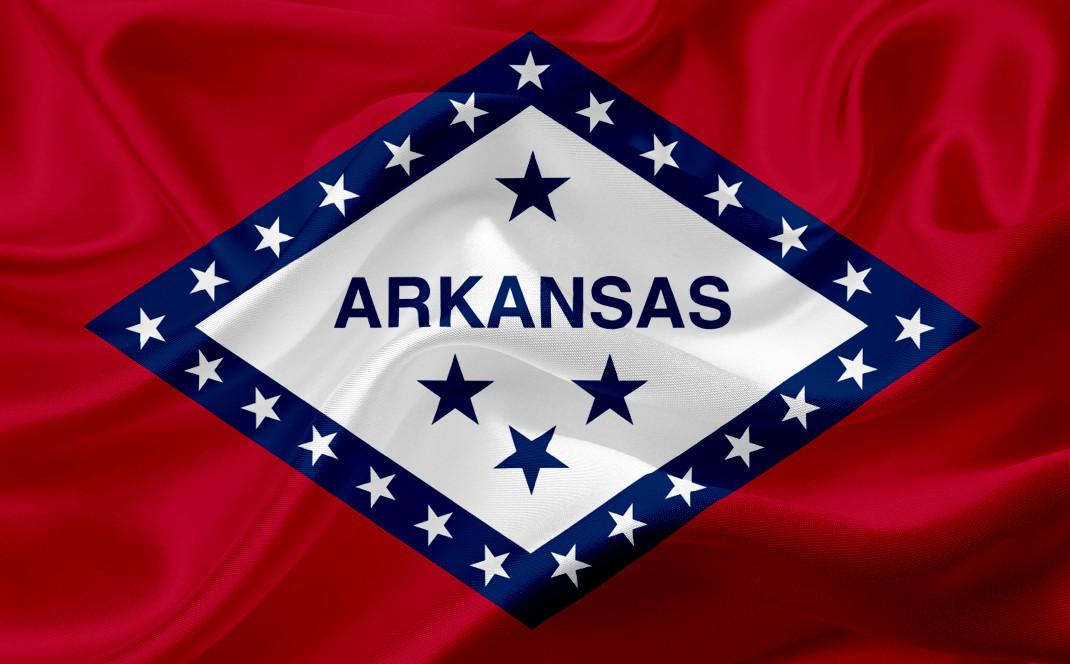
5.1.21 – Little Rock, Ark. (AP)
The 108-day Arkansas legislative session that wrapped up last week was dominated by culture war issues and the coronavirus pandemic, but lawmakers took up a long list of other items, including voting law changes, an increase in teacher salaries and tax cuts.
They also left some unfinished business to be addressed later this year.
CULTURE WARS
The Republican majority went into overdrive on “culture war” bills.
Arkansas this year enacted 20 abortion restrictions, the most in a single state since Louisiana adopted that many in 1978, according to the Guttmacher Institute, a research organization that supports reproductive rights.
The most restrictive new law bans nearly all abortions in the state and is aimed at forcing the U.S. Supreme Court to revisit its 1973 Roe v. Wade decision. Opponents have said they’ll sue and hope to have the measure blocked before it takes effect in late July.ADVERTISEMENT
Arkansas also led the country in the number of bills restricting the rights of transgender youth. The Legislature overrode Republican Gov. Asa Hutchinson’s veto of legislation banning gender confirming treatments for transgender youth. Opponents have also said they’ll seek to have that measure blocked by the courts.
The final days of the session were dominated by Republican efforts to preempt federal gun restrictions. The last bill approved by the Legislature early Wednesday morning and signed by Hutchinson Thursday prohibits local and state police from enforcing new and future federal gun limits, a pared-down version of a bill that the governor had previously vetoed.
COVID FIGHTS
The coronavirus pandemic changed the way lawmakers met, with new capacity limits in committee rooms, mask requirements and plexiglass dividers in place for most of the session. It also changed the agenda.
Much of that agenda focused on some Republican lawmakers’ criticism of the state’s handling of the pandemic, including since-lifted capacity limits and other restrictions. Hutchinson signed into law a bill that gives the Legislature more power to end emergencies and directives issued during them.
Last week, he also signed into law measures that prohibit the state and local governments from requiring masks or from requiring vaccinations or “vaccine passports” to enter buildings, travel or work.
Dr. Jose Romero, the state’s health secretary, won confirmation to the job he has held for most of the pandemic despite facing opposition from some GOP lawmakers.
Several of the orders Hutchinson had issued in response to the pandemic, including liability protections for businesses and allowing liquor stores to deliver, were written into law.
EDUCATION
Hutchinson signed legislation this month to raise the target median teacher pay by $2,000 over the next two years, and setting aside $25 million for districts that are currently below that target.
Another measure Hutchinson signed will require high school students to take a computer science course before graduating. He also signed a bill that will require public schools to teach about the Holocaust, with the state developing curricula and materials.
Hutchinson signed into law a $2 million school voucher program, creating a tax credit for contributions to organizations that provide scholarships to attend private schools. The scholarships will be available to students whose family income is 200% or less of the federal poverty level and are limited to 80% to 90% of the state’s per-student funding for public schools.
VOTING CHANGES
Arkansas enacted several changes to the state’s election laws that are among a historic number of voting restrictions being pushed by Republicans nationwide.
The Arkansas measures include a change to the state’s voter ID law that means people without identification will no longer be allowed to vote by signing a statement swearing to their identity.
Another new law prohibits someone from being within 100 feet of the primary exterior entrance of a polling site while voting is taking place unless they’re entering or leaving the building “for lawful purposes.” The restriction was enacted in response to groups handing out water or food to people outside polling sites.
TAX CUTS AND BUDGET
The $5.8 billion budget lawmakers adopted for the coming year includes increases in funding for public schools and the state’s Medicaid program.
Lawmakers also approved several tax cuts, including one to exempt unemployment benefits in 2020 and 2021 from state income taxes. Benefits received from some virus relief programs, including the Paycheck Protection Program, also will be exempt from state income taxes.
Lawmakers also reduced the sales tax on used cars.
UNFINISHED BUSINESS
Lawmakers plan to return in the fall for congressional redistricting after the U.S. Census Bureau releases more detailed information for redrawing the state’s four U.S. House seat boundaries.
